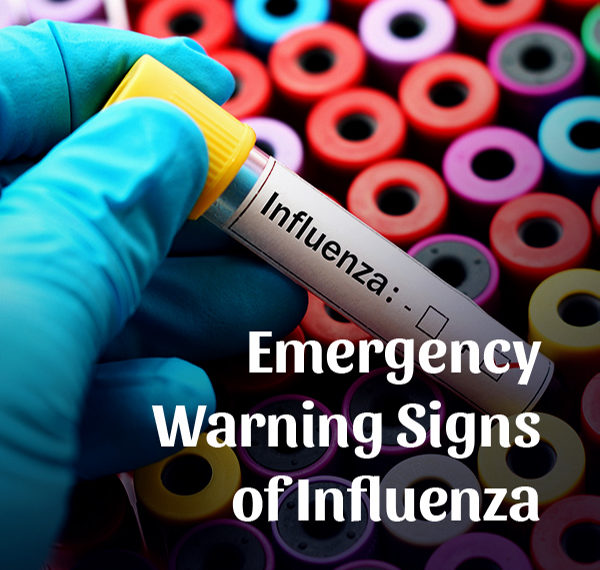The H1N1 influenza, also referred to as swine flu, is once again receiving nationwide attention as several persons have died from the disease in recent months. This disease is a subtype of influenza A virus, which is a communicable viral disease. A communicable disease is one that is spread from one person to another through contact with blood and bodily fluids or breathing in an airborne virus.
This strain of the virus is called swine flu because it is a disease that affects pigs, but it is now spread mainly from person to person through coughing or sneezing. Sometimes, people may also become infected by touching something such as a surface or object with flu viruses on it and then touching their mouth or nose.
The swine flu virus causes upper respiratory tract infections, which can result in symptoms such as nasal secretions, chills, fever, decreased appetite, and possibly lower respiratory tract disease. Some people may also experience vomiting and diarrhoea.
Who is most vulnerable to contracting the H1N1 virus?
The following groups of persons are more susceptible to this deadly virus:
- Children under 5 years old
- Older adults over 65 years old
- People with weakened immune systems
- Pregnant women
- People with chronic diseases such as asthma, heart disease and diabetes.
If you belong to any of the above categories and experience the symptoms previously mentioned, seek immediate emergency medical care.
Emergency warning signs in children that indicate the need for urgent medical attention include:
– Difficult or fast breathing
– Skin changing colour to blue or grey
– Dehydration
– Severe or continuous vomiting
– Lethargy
– Irritability
– Recurring flu-like symptoms, including fever and coughing
In adults, emergency warning signs that need urgent medical attention include:
– Difficulty breathing or shortness of breath
– Pain or pressure in the chest or abdomen
– Sudden dizziness
– Confusion
– Severe or continuous vomiting
– Recurring flu-like symptoms, including fever and coughing
If you experience any flu-like symptoms, it is advised that you stay at home and avoid contact with other people. Visit your health care provider, who can then determine whether flu testing or treatment is needed.
